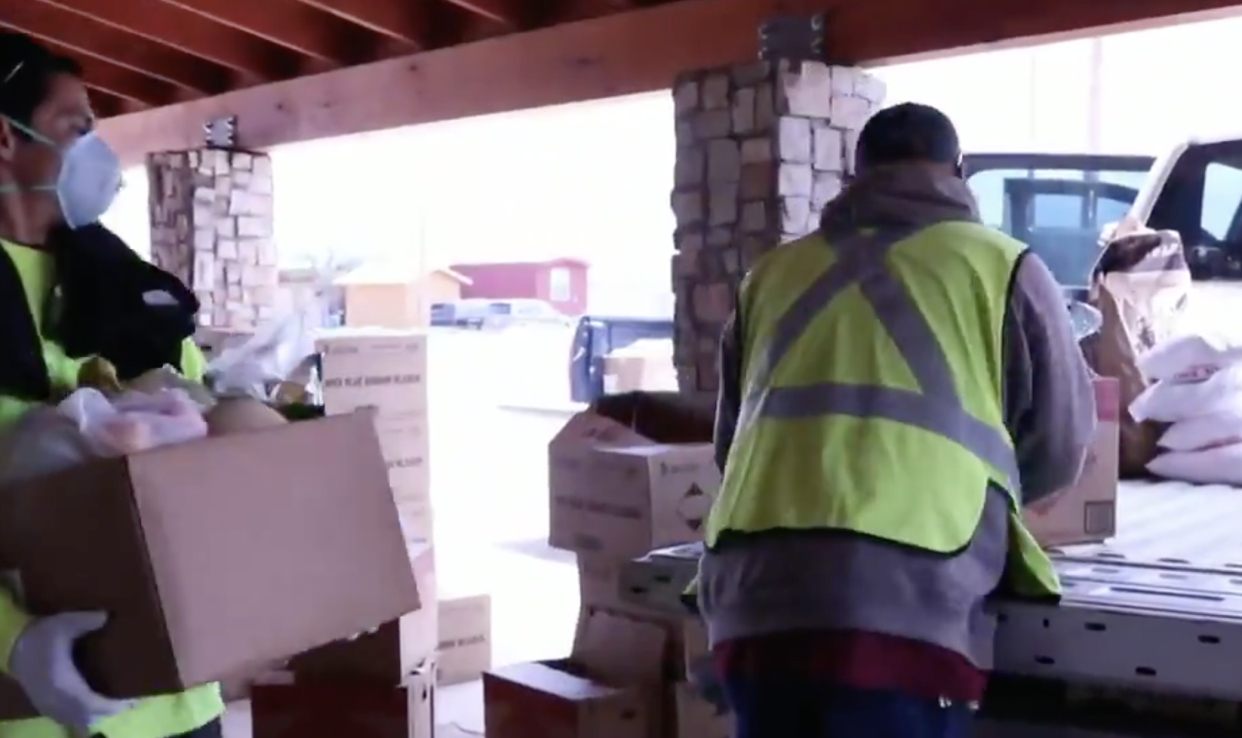Coronavirus: Irish citizens donate more than $1m to Native Americans in repayment of historic debt

A bid to raise money for Native American tribes impacted by the coronavirus has seen more than $6m handed to those in need after an outpouring of support from Irish citizens looking to repay a 173-year-old debt.
Residents of the Navajo nation - a territory that straddles the US states of Utah, Arizona and New Mexico - have at points been among the worst afflicted by the pandemic worldwide, with 6 per cent of the region’s population infected so far.
Among the issues facing residents were a lack of access to clean running water for hygiene purposes - with one in three living without indoor plumbing.
However an outpouring of support has come from an unlikely source - Irish residents across the Atlantic looking to offer support as a repayment for Native American solidarity shown during the great potato famine of the 1840s.
In 1847 the Choctaw Nation sent $170 - equivalent to $5,000 in today’s money - to starving Irish families suffering from the effects of the potato blight which caused around a million deaths.
“One of our leadership members started noticing that we were receiving a large sum of donations from Ireland”, Cassandra Begay from the Navajo and Hopi Families Covid-19 Relief group told NBC news. “And it’s like what’s going on? Is our account being hacked?”
In total some 26,500 Irish citizens are reported to have donated more than a million dollars towards the campaign, which has been used to distribute more than a thousand gallons of water as well as food items including flour and blue corn meal.
Ms Begay added: “We will never forget the history we made together. We will never forget how the Irish made us feel heard and seen in this beautiful way.”

